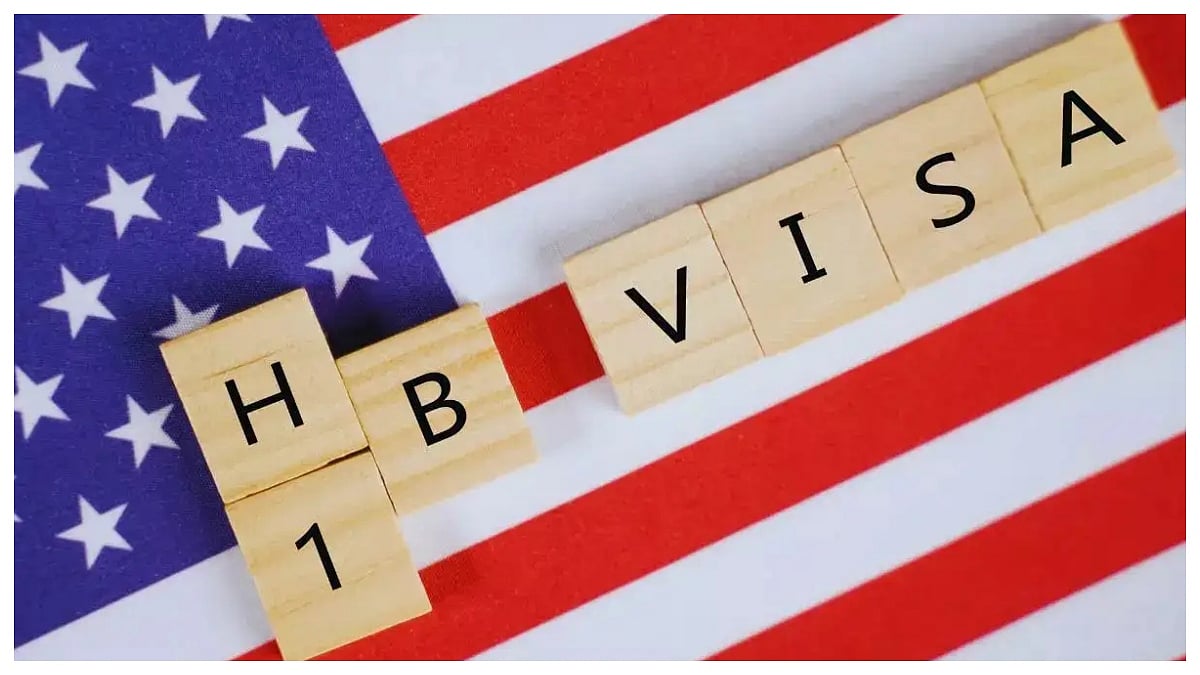For the first time in almost three years, official data on inflation in the United Kingdom showed that it had returned to the Bank of England's target rate of 2 per cent on Wednesday.
The ruling Conservative Party has taken advantage of this development to suggest that its economic strategy is "working" ahead of the July 4 election.
Inflation Data
According to the Office for National Statistics, the consumer price index, which measures inflation, decreased from 2.3 per cent in the previous month to 2 per cent in the year ending in May. The largest decline was seen in food prices.
After almost three years of above-target inflation, there has been a decline in inflation. Before prices began to soar due to supply chain problems during the coronavirus pandemic and then Russia's invasion of Ukraine, which increased energy costs, inflation was at 2 per cent in July 2021.
Even though the bank is not a part of the government, it is generally expected that during an election campaign, officials will maintain their positions.
In late 2021, the Bank of England, along with the Federal Reserve of the United States and other central banks, aggressively increased interest rates from near zero to combat the sharp rise in inflation, which reached a peak of over 11 per cent.
Unemployment and GDP data
The unemployment rate stayed unswayed at 4.4 per cent with a slight increase of 0.5 per cent over a year-on-year basis.
After declining in the first two quarters of 2024, the real gross domestic product (GDP) in the UK is predicted to have grown by 0.6 per cent in the first quarter (January to March) of 2024. Real GDP is predicted to have increased by 0.2 per cent from the same quarter last year.
Although higher interest rates have reduced inflation by making borrowing more costly, they have also had a negative impact on the British economy, which has barely expanded since the pandemic recovery.
Even though the decrease only indicates that prices are increasing more slowly than they have been during a cost of living crisis in recent years, Conservative Prime Minister Rishi Sunak attempted to claim the fall's credit, claiming it was more proof that the “economy has now turned a corner.”











